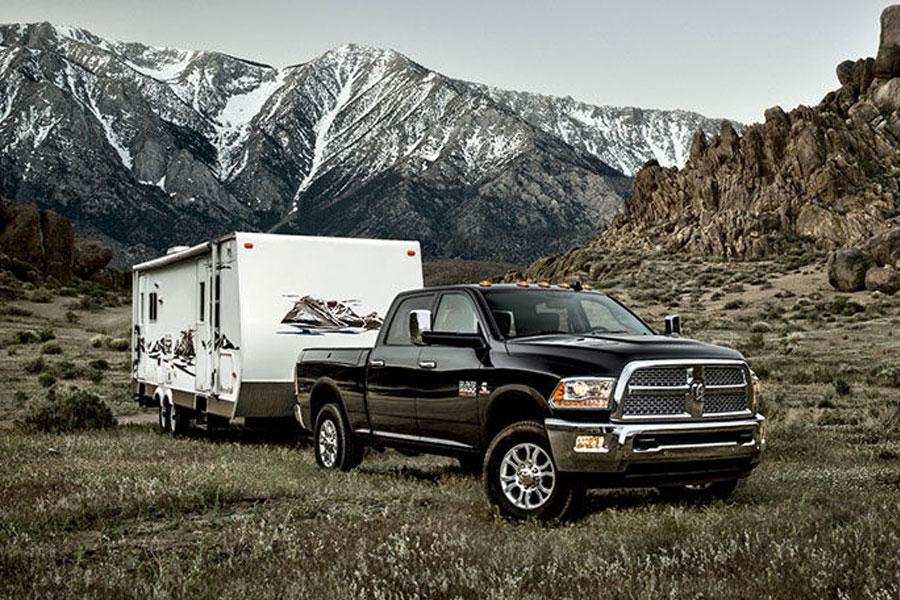Car Talk: Diesels
Credit to Fiat Chrysler Corporation
http://www.ramtrucks.com/en/ram_3500/gallery/#gallery=all&asset=32
Published: February 29, 2016
Big, loud, dirty trucks and rednecks, what most people think of when you say diesel. People say they are bad because of their size, the pollution they give off, that they are not fuel efficient and they hurt the environment with their smoke. The truth about diesels is that they are good. They are not just the huge, horrible trucks people make them out to be. In fact, they are growing ever more popular in upcoming cars, small trucks and SUVs.
The Volkswagen TDI is one of the more popular diesel engines in production. According to www.fueleconomy.gov, the TDI has a combined MPG of 36 while an equivalent gas engine has a combined gas mileage of just 26. The TDI also does not put out any big smoke that are harmful to the environment. Being more fuel efficient makes it better for the environment too.
According to auto.howstuffworks.com, diesel fuel actually emits lower amounts of carbon dioxide, carbon monoxide and hydrocarbons than normal gas does. When it comes to power, diesel engines create more torque, mainly because diesel fuel creates more energy per unit than gasoline. On average, 1 gallon of diesel fuel contains approximately 155×106 joules (147,000 BTU), while 1 gallon of gasoline contains 132×106 joules (125,000 BTU).
As technology advances, more diesel engines are becoming even cleaner and so is the fuel. Diesels are not as bad as many make them out to be, especially when modern technological advancements are taken into consideration. The number of vehicles equipped with diesel engines on the market today is growing and will continue to do so for many years to come. There will always be the rednecks with their big diesels and plumes of black smoke that follow them wherever they go, but that should not hurt the name “diesel” for the rest of diesel owners. The future for diesel is right and clean. One day you may find yourself buying a diesel.







![JV Girls Basketball Takes A Win To FZE On The First Game Of The Season [Photo Gallery]](https://FHNtoday.com/wp-content/uploads/2024/12/voccer10.24_kwallace-3-300x200.jpg)
![It's Time for the BOE to Respect Student Input [Editorial]](https://FHNtoday.com/wp-content/uploads/2024/11/Untitled_Artwork-1-300x173.png)



